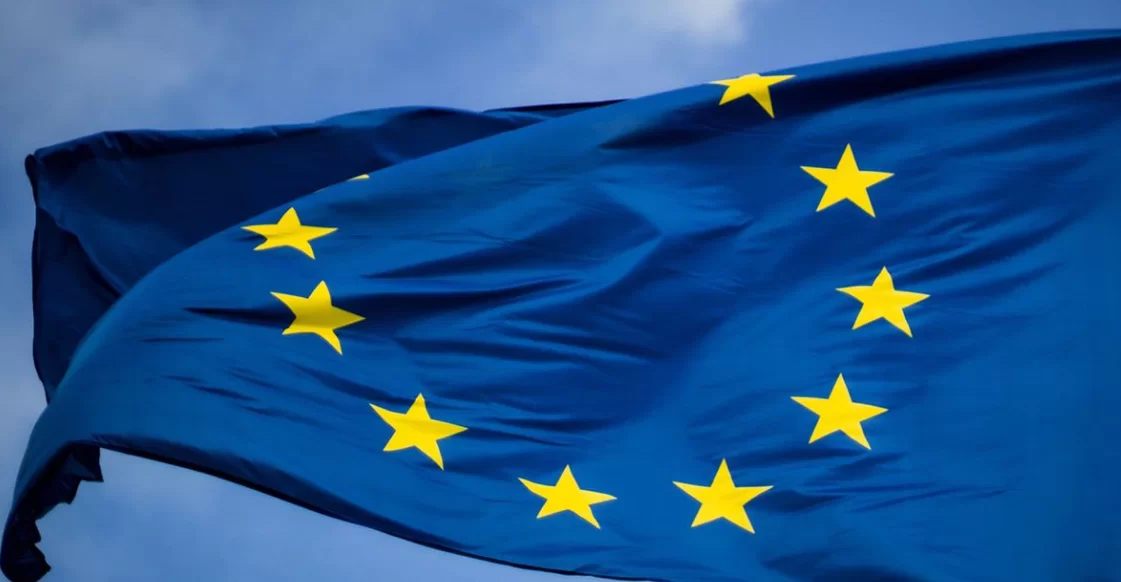Throughout the past year, the field of artificial intelligence (AI) became a more effective tool for daily use, and as a result, the legal environment surrounding technology began to evolve. From the shaping of global regulations and laws to numerous lawsuits filed over copyright and data breach claims, artificial intelligence was on everyone’s radar. So, how is the process continuing? Let’s examine together.
Artificial Intelligence and the European Union
In 2023, the European Union became one of the first regions to make significant progress in legislating the deployment and development of high-level artificial intelligence models. The “EU Artificial Intelligence Act” was first proposed in April and accepted by the Parliament in June. European Parliament and Council negotiators announced on December 8th that they had reached a provisional agreement on the draft.
When the draft is fully implemented, it will regulate the government’s use of artificial intelligence in biometric surveillance, oversee large AI systems like ChatGPT, and establish transparency rules that developers must comply with before entering the market. However, the draft has already begun to receive serious criticism from the technology sector.
Lothar Determann, a partner at Baker McKenzie and author of Determann’s Field Guide to Artificial Intelligence Law, made the following statement regarding the pushback from developers and delays:
“Seeing a similarly delayed timeline with the enforcement of the EU Artificial Intelligence Act seems entirely possible.”

Noteworthy Comments on the Draft Legislation
Determann pointed out that despite reaching an agreement at the beginning of December, the final text has not yet been published and added that some key member state politicians, including the President of France, have expressed concerns about the current draft:
“This reminds me of the EU’s announcement in 2016 that the General Data Protection Regulation would come into effect in May 2018, yet five years later, the e-privacy regulation has still not been finalized.”
Laura De Boel, a partner at the Brussels office of the law firm Wilson Sonsini Goodrich & Rosati, also noted that the development in December was a political agreement and that the official acceptance would take place at the beginning of 2024:
“Rules on prohibited artificial intelligence systems will apply six months later, and rules related to artificial intelligence will apply after 12 months. Other requirements of the artificial intelligence law, except for the obligations for high-risk systems defined in Annex II, which will apply after 36 months, will be applied after 24 months.”

 Türkçe
Türkçe Español
Español









